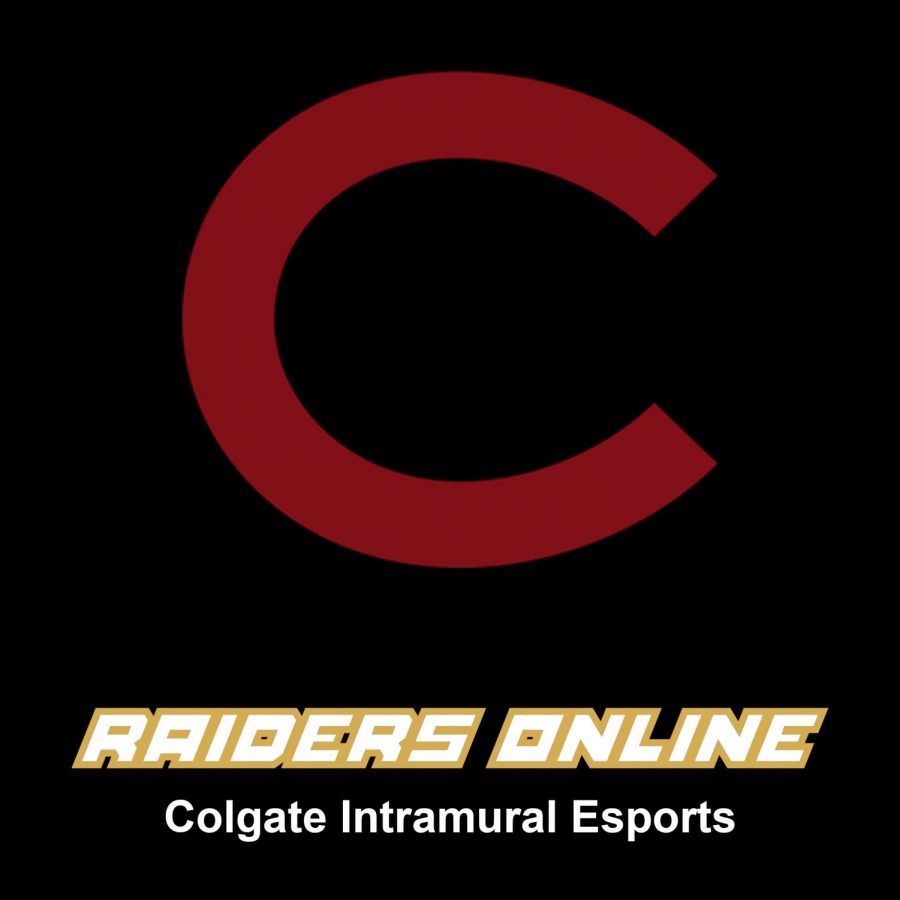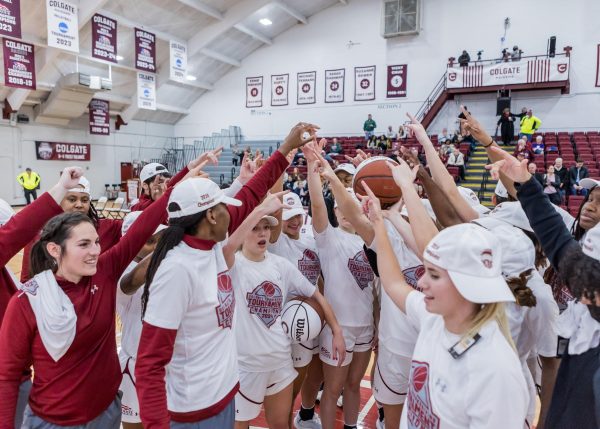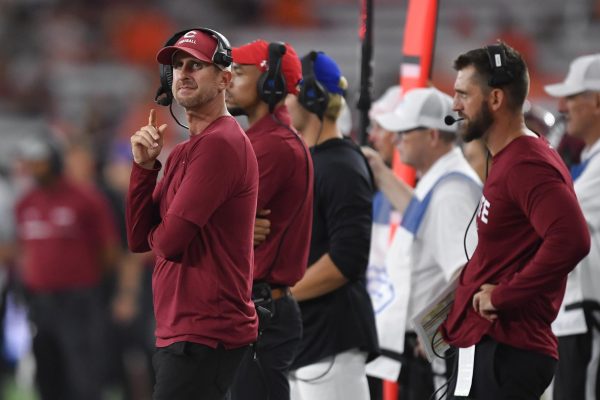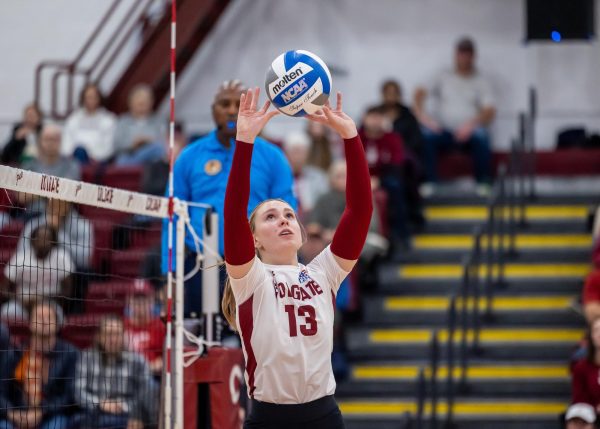Intramural Sports Goes Virtual to Connect Colgate’s Competitive Gamers
In an effort to continue athletic programming after the community was sent home, the Colgate Recreation Department will offer esports in place of traditional intramurals. Those typically working behind the scenes of Colgate’s Recreational Programs as well as the Colgate Esports Club were quick to respond to the cancellation of the remainder of the semester with a plan for digital continuity.
Assistant Director of Recreational Programs Carlos (C.J.) Molina announced in an email March 24 that Colgate Intramural (IM) would follow in line with courses, transitioning to an online format as a substitute to the traditional competitions held on campus. Esports, or gaming, will be the replacement and a list of several video games will be offered including FIFA 20, NBA2K20, Mario Kart, League of Legends, Call of Duty: Modern Warfare, Super Smash Bros. and more. Competition style will range from tournaments to leagues and interested students must register before midnight on March 27.
Before setting the lineup of games, Molina allowed students to vote on their favorites to gauge interest and participation levels.
Molina said he felt lucky to live in an age where esports gaming is so popular among students already. From popular gaming icons like Ninja, to professional athletes like Ben Simmons and Josh Hart taking part in esports during their NBA hiatus, gaming is at the forefront of quarantine life for many seeking competition. It has been gaining traction for some time now, too.
Kids across the globe have bought into the craze; some even treat professional gamers like NFL or NBA stars. Professional gaming tournaments are held in huge stadiums and attract millions of viewers. For example, the 2016 League of Legends World Championship had a virtual audience of 43 million viewers, according to the World Economic Forum.
While everyone is cooped up in their house, professional gaming can go on while professional sports stay sidelined. Matches in various games between professional gamers are streamed around the clock and around the world. In a time of such uncertainty, gaming has remained a rare constant.
senior Charlie Huemmler and the Colgate Esports Club helped Molina ensure the competitions would run smoothly and that they would be structured like professional esports tournaments and leagues. Huemmler said he was ecstatic about the idea of IM esports and acknowledged the growth of esports at Colgate.
“[Our] biggest goal currently is to secure space on campus for us to put computers in for practice and matches,” Huemmler said.
He said he hopes that with dedicated space for the club, they will be able to explore new options. Huemmler said he thinks that IM sports could be used as a tool for attracting players to collegiate esports teams. His vision is that other schools in the area will follow suit and create a fun and competitive gaming environment on a higher level. Huemmler was surprised to see the turnout for IM esports and believes that there could be a great future for esports at Colgate as our school becomes a “forerunner” for collegiate gaming in the area.
Molina said esports can serve as a comforting space for individuals who may be struggling with the strange nature of life during the Coronavirus pandemic.
“Anyone can play from the comfort of their home, and especially during these times of social distancing, it can facilitate staying in touch with friends, teammates, classmates or colleagues. Hopefully [it can] be something of a ‘get away’,” Molina said.
Sophomore football player Mike Bevino was especially grateful for the return to structure and competition that IM esports will provide.
“I think it’s definitely a really good idea for the purpose of keeping everyone busy and getting some sort of normalcy back into our routines. Plus it allows everyone to just blow off some steam and have fun while also instilling a bit of competition into it,” Bevino said.
Molina said he is happy to offer Colgate students an opportunity to enjoy the experience of gaming for sport and to reconnect with classmates from a distance. He said that the Recreational Program may have more events and ideas in store; the creativity is just beginning for the future of intramural esports at Colgate.
“We will give it our best shot [this semester]. Hopefully, [we will] have new things to use in the future,” Molina said.
Hunter Firment is a senior from West Chester, PA concentrating in English with an emphasis in creative writing and minoring in sociology. He previously...










